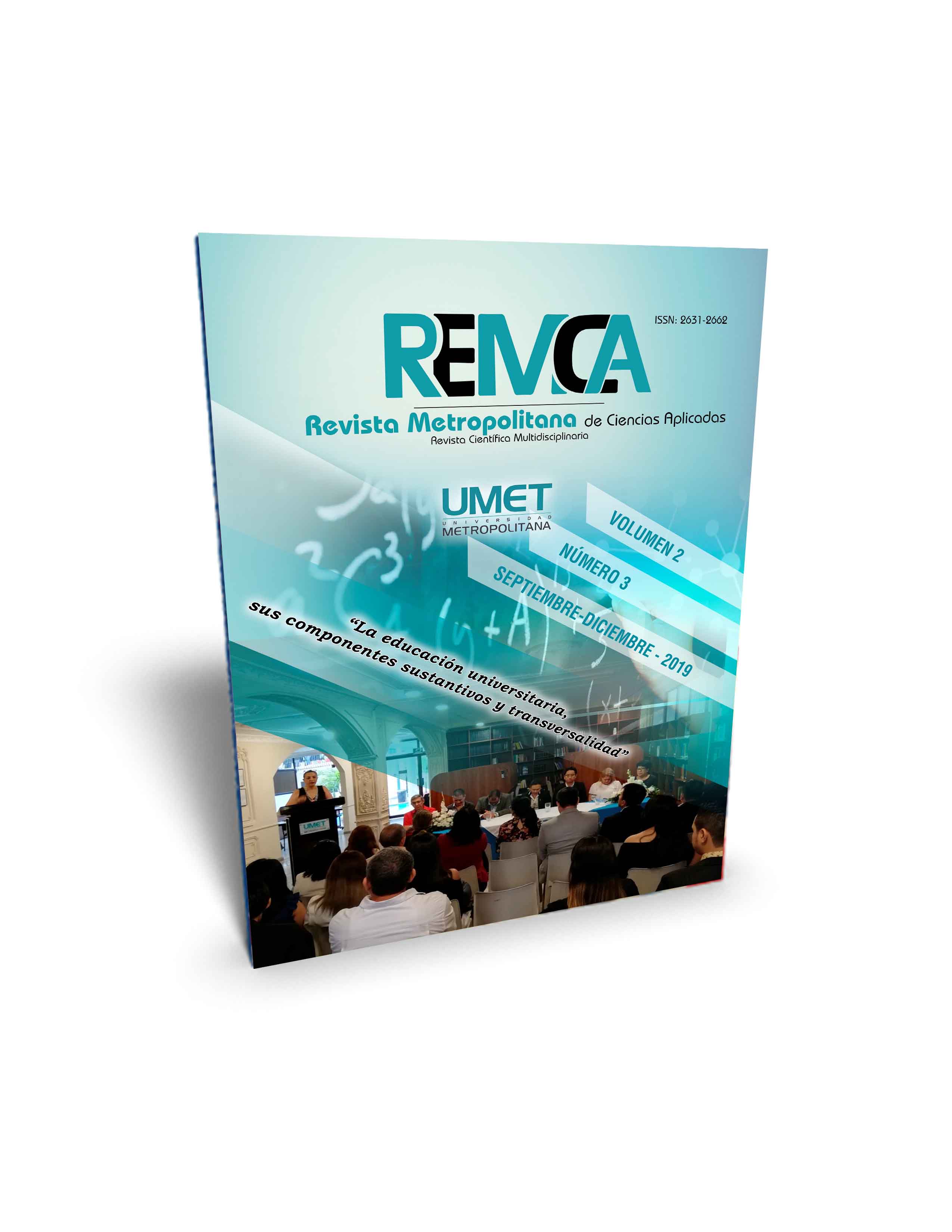A moral sense in the face of ecological challenges: Environmental Education
DOI:
https://doi.org/10.62452/70ccs227Keywords:
Environmental education, international environmental law, environmental values education, sustainable developmentAbstract
The constant growth and environmental damage is already considered in the 21st century, as a problem of moral character of our societies, not always seen with this qualification, but nevertheless, public recognition of the impacts of ecosystems and their imminent danger to the present and future generations if it is interpreted and arranged in many national and international documents, leaving the way for its solution being distant, in assessing the effectiveness between speeches and results palpable actions in practice. On the basis of the above, we present some reflections on the weight to be played by environmental education, motivated by its transversality and urgency of improvement. Exegetic, logical history, synthetic analytical and empirical level document analysis are used as scientific methods.
Downloads
References
Bentham, J. (1838). Introduction to the Principles of Morals and Legislation. Vol. 11. Edinburgh: William Tait.
Bentham, J. (1965). The Philosophy of Economic Science. The Psychology of Economic Man. London: The Royal Economic Society by George Allen & Unwin Ltd.
Bentham, J. (1967). A Fragment on Government. Oxford: Basil Blackwell.
Bentham, J. (1987). Anarchical Fallacies. En, J. Waldron (ed.), Nonsense upon Stilts. London: Methuen & Coy. Limited.
Caduto, M. (1992). Guía para la enseñanza de valores ambientales. Valencia: Los Libros de la Catarata.
Casas, M. (2002). Manual de Tratados Internacionales en Medio Ambiente y Desarrollo Sostenible. Bogotá D.C: Ministerio del Medio Ambiente.
Ecuador. Asamblea Nacional Constituyente. (2008). Constitución de la República del Ecuador. Registro Oficial. Suplemento 119. Quito: Asamblea Nacional Constituyente.
Ecuador. Presidencia de la República. (2017). Código Orgánico del Ambiente. Registro Oficial Suplemento 983. Recuperado de http://www.competencias.gob.ec/wp-content/uploads/2017/06/05NOR2017-COA.pdf
Gibbons, M. (1998). Pertinencia de la educación superior en el siglo XXI. París: UNESCO.
López Fernández, R., Morales Calatayud, M., Medina Peña, R., & Palmero Urquiza, D. E. (2019). Fundamentos epistemológicos que sustentan una investigación en Educación ambiental para el desarrollo local sostenible, en la Provincia de El Oro. Revista Conrado, 15(67), 3-10. Recuperado de https://conrado.ucf.edu.cu/index.php/conrado/article/view/959/981
Medina Peña, R., Domínguez Junco, O., & Medina de la Rosa, R. E. (2017). Fundamentos jurídico-metodológicos para un sistema de pagos por servicios ecosistémicos en bosques del Ecuador. Revista Científica Agroecosistemas, 5(1), 109-117. Recuperado de https://aes.ucf.edu.cu/index.php/aes/article/download/106/142/0
Novo, M. (1995). La educación ambiental. Bases éticas, conceptuales y metodológicas. Madrid: Universitas.
Organización de las Naciones Unidas para la Educación, la Ciencia y la Cultura. (1971). Consejo Internacional de Coordinación del Programa sobre el Hombre y la Biosfera (MAB). Primera reunión. Informe final. París: UNESCO.
Downloads
Published
Issue
Section
License
Copyright (c) 2019 Rolando Medina Peña, Raúl López Fernández, Lianet Goyas Céspedes (Autor/a)

This work is licensed under a Creative Commons Attribution-NonCommercial-ShareAlike 4.0 International License.
Authors who publish in Revista Metropolitana de Ciencias Aplicadas (REMCA), agree to the following terms:
1. Copyright
Authors retain unrestricted copyright to their work. Authors grant the journal the right of first publication. To this end, they assign the journal non-exclusive exploitation rights (reproduction, distribution, public communication, and transformation). Authors may enter into additional agreements for the non-exclusive distribution of the version of the work published in the journal, provided that acknowledgment of its initial publication in this journal is given.
© The authors.
2. License
The articles are published in the journal under the Creative Commons Attribution-NonCommercial-ShareAlike 4.0 International License (CC BY-NC-SA 4.0). The terms can be found at: https://creativecommons.org/licenses/by-nc-sa/4.0/deed.en
This license allows:
- Sharing: Copying and redistributing the material in any medium or format.
- Adapting: Remixing, transforming, and building upon the material.
Under the following terms:
- Attribution: You must give appropriate credit, provide a link to the license, and indicate if any changes were made. You may do this in any reasonable manner, but not in any way that suggests the licensor endorses or sponsors your use.
- NonCommercial: You may not use the material for commercial purposes.
- ShareAlike: If you remix, transform, or build upon the material, you must distribute your creation under the same license as the original work.
There are no additional restrictions. You may not apply legal terms or technological measures that legally restrict others from doing anything the license permits.




